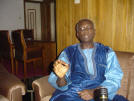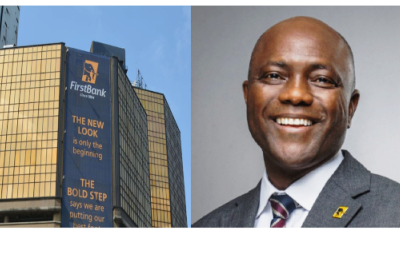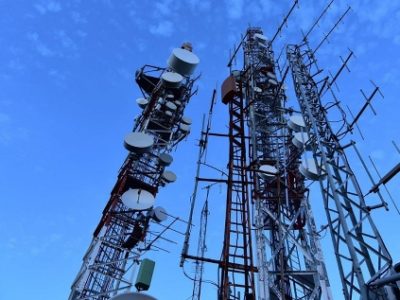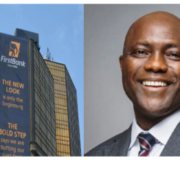By Martin Ekpeke
 Executive Vice Chairman of the Nigerian Communications Commission (NCC) Engr. Ernest Ndukwe could not have wished for a better parting gift days before he finally retired from the regulatory body he had led for 10 years and served two terms.
Executive Vice Chairman of the Nigerian Communications Commission (NCC) Engr. Ernest Ndukwe could not have wished for a better parting gift days before he finally retired from the regulatory body he had led for 10 years and served two terms.
The court passed judgment asserting the powers of the regulator to conduct frequency auction and ruled that any interference from any outside body including its supervisory ministry, the Federal Ministry of Information and Communications, would constitute an illegal act under the enabling law that set up the NCC.
Months earlier the Commission had its auction exercise in which it granted Mobitel Limited a license that will enable it to provide wireless broadband services canceled by the Minister of Information and Communications, Dora Akunyili . The minister had alleged that the exercise lacked transparency. Mobitel sued the commission and the former Minister of Information and Communications, Dora Akunyili, after its license had been canceled. It won judgment in its favour which also asserted the independence of the NCC.
Prof Akunyili’s action would raise the first major question over the integrity of Ndukwe as a regulator and also pose the first test to the much-touted independence of the NCC. Both Ndukwe and the NCC were vindicated by the court judgment.
Now that Ndukwe is out of office, expectations are high on what the new leadership of the commission can do to improve on his achievements. Holding forth in acting capacity is Engr. Stephen Bello. He is the most senior officer at the commission.
In his 10 years in office, Ndukwe brought a sense of assertiveness, openness and guided direction once unknown in the sector. He won global admiration and respect for himself and the Commission which he effectively positioned as one of the most dynamic on the continent. In January 2001, Ndukwe would conduct a digital mobile licence auction that would win global acclamation for its transparency. The auction exercise would ignite competition in the once tedious telecom sector of less than 500, 000 active phone lines.
By the time he would be leaving office in April 2010, he was leaving behind a sector of over 75 million active subscribers with sectoral investment hovering over $30 billion. He had brought in more vim than was expected and more players than anticipated straddling every part of the sector from the mobile sub-sector, the Internet sub-sector, infrastructure sub-sector to the application service sub-sector. The sector had a 360 degree change.
Under Ndukwe, mobile penetration had a yearly increase of 10% in 2001 to 48.7% in 2009. Private sector participation in the telecom industry helped to make the market more attractive and strong enough to win the confidence of international investors.
If the Ndukwe years brought aggressive competition and rapid uptake of mobile telephony, it witnessed the decline of fixed lines (landlines) to raise questions on the authenticity of Nigeria’s telephony status. Fixed is costly to deploy but it ultimately knocks down the cost of telephony unlike the more premium mobile services. It is expected that a new regulator will focus on getting operators licensed to provide landline services to fulfill the obligations of their licences.
A new regulator would definitely also square up to the challenges posed by poor quality of services that tended to portray the NCC as conspiring with network owners to cheat subscribers of good quality service. A new NCC boss would certainly focus on expanding broadband and data services in the country which is relatively new. This is the next wave of growth that is expected in the industry.
For the new regulator, antitrust is already lurking waiting for the first test to prove which direction the NCC would go in safeguarding the interest of small operators from big operators that could bully their way through anti-competitive behaviour leaving smaller operators flat on their back.





























